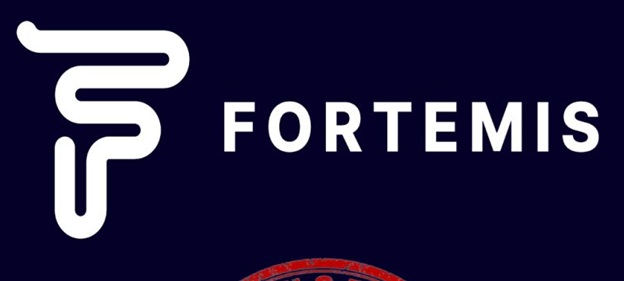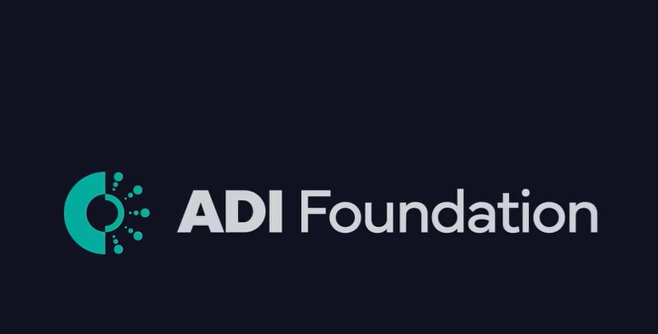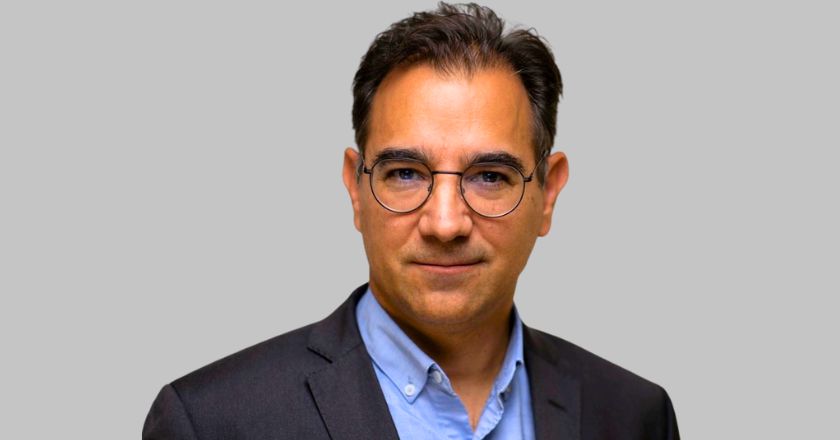In a recent interview with Abu Dhabi based ADI Foundation, CEO Guillaume de La Tour told Tahawultech about the new AED backed stablecoin, AEDC, that the foundation is working on for ADQ, sovereign wealth fund in Abu Dhabi and FAB Bank (First Abu Dhabi Bank).
The trio intend to launch a UAE Central Bank regulated AED stablecoin that will be used for making payments not only in the UAE but also internationally. Moreover the stablecoin will also be used for Machine to machine payments in the IoT domain and AI one.
According to La Tour, the AEDC stablecoin will transform UAE’s digital economy by offering fast inclusive and compliant financial services. He notes that, “It is built on a modular EVM blockchain, AEDC ensures scalability, security, and decentralization while embedding KYC/AML and FATF-compliant features to ensure privacy and regulatory compliance.”
For La Tour, AEDC is combining DeFi with traditional finance and aligns with both Abu Dhabi’s Economic Vision 2030 and ADGM’s robust regulatory framework, cementing the UAE’s role as a global fintech leader.
He explained that this is preparing the UAE for a tokenized future by digitizing the AED dirham and ensuring it is compatible with currencies like the USD, Euro and Yuan for seamless global interoperability.
In ten years, all assets, stocks, and bank accounts will be tokenized
According to La Tour in the next 10 years all assets, whether they are stocks, bank accounts, or currencies, will be tokenized to enable a 24/7 financial system. This is driven by the need for efficiency and global connectivity.
He states, “Nations are expected to increasingly tokenize their currencies to maintain sovereignty, while ensuring interoperability with blockchain-based digital financial systems. The stablecoin positions the UAE at the forefront of this transformation, leveraging its blockchain’s compliance and scalability.”
With strategic partnerships across 20+ countries, reaching nearly 500 million people, ADI Foundation bridges Web2 and Web3, integrating traditional banking with blockchain to create a compliant, inclusive ecosystem that supports economic diversification and innovation.
The ADI Foundation is working to drive global financial inclusion by deploying a blockchain with locally validated compliance at Layer 3, tailored to each region’s regulations.
Partnering with cutting-edge providers, La Tour notes that the ADI Foundation ensures localized infrastructure and AI integration on the blockchain, empowering communities with secure, scalable solutions.
He adds, “Unlike traditional blockchain solutions, ADI’s modular EVM-based platform integrates a dedicated Layer 3 compliance sublayer, ensuring adherence to local and international regulations, including KYC/AML and FATF standards. Real-time monitoring and decentralized identity (W3C-compliant) further enhance security, mitigating risks like cybercrime and fraud. This robust, transparent framework reassures stakeholders by aligning cutting-edge technology with regulatory rigor, making the stablecoin a trusted tool for seamless, scalable financial operations.”
He gives the example of their collaboration with East Africa’s M-PESA enables 70 million users to convert mobile money into a stablecoin backed by an African currency, facilitating secure, low-cost cross-border transfers and real-time currency conversion.
Similarly, ADI Foundation’s work with UK-based Esyasoft, revolutionizes the carbon credit market by leveraging blockchain for transparent, efficient trading to support sustainability goals, with 57 trillion transactions aimed at reducing the carbon footprint of 2 billion people.
Upcoming stablecoin challenges
La Tour sees three main challenges to stablecoins when it comes to regulations. The first is navigating complex regulatory landscapes because of the diversity and evolving regulatory policies across jurisdictions.
He states, “Governments often grapple with balancing innovation against risks, like money laundering, tax evasion, and financial instability, leading to fragmented or restrictive regulations. For instance, ensuring compliance with varying KYC/AML requirements globally, while maintaining blockchain’s decentralized ethos, is a technical and diplomatic hurdle. ADI Foundation addresses this by integrating a Layer 3 compliance sublayer into its modular EVM blockchain, enabling localized regulatory alignment without compromising scalability or security.
The second challenge is ensuring interoperability and technological disparities which includes interoperability between stablecoins and existing financial systems.
However, he addresses this issue stating that ADI Foundation is tackling this by designing native support for cross chain compatibility.
He explains, “For example, our collaboration with regional tech firms ensures blockchain nodes and AI-driven services operate efficiently even in low-resource environments, fostering inclusivity and operational reliability.”
The final challenge is building public and institutional confidence because of the skepticism around digital currencies. He notes that governments and investors may hesitate to adopt stablecoins, fearing economic disruptions or technical vulnerabilities.
ADI Foundation counters this by anchoring the Dirham-backed stablecoin to the stable UAE Dirham and implementing robust cybersecurity measures, such as real-time transaction monitoring and W3C-compliant decentralized identity.



















